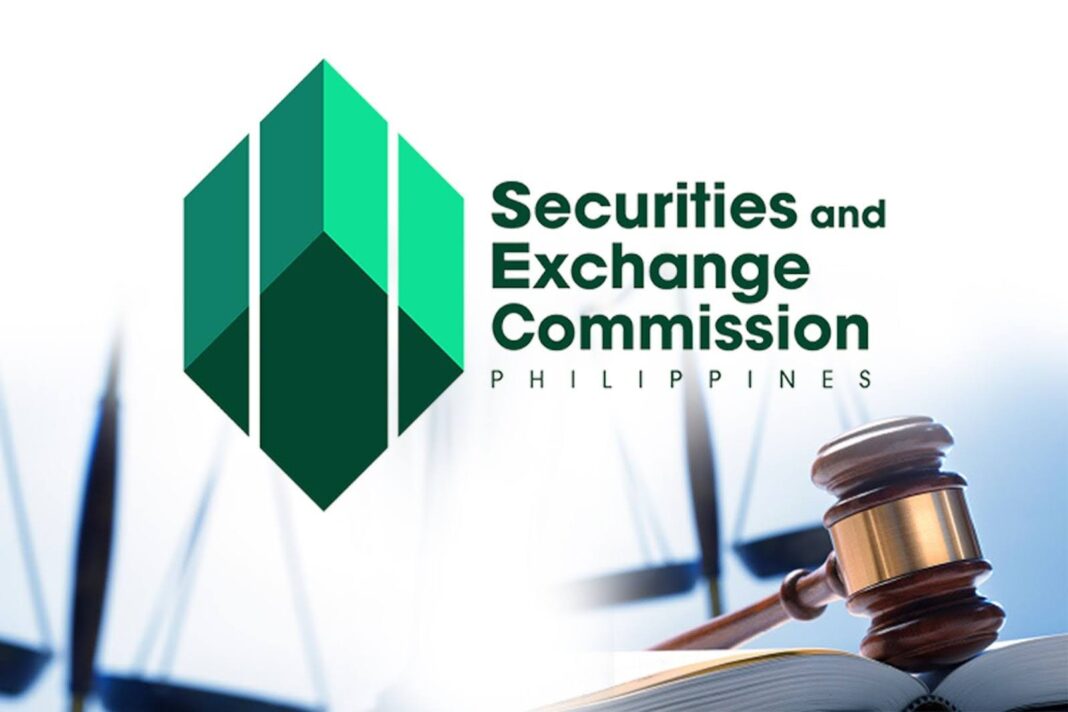- The SEC is cracking down on unregistered exchanges to protect investors.
- Using licensed platforms is the safest choice for Filipino traders.
- Stricter rules now will lead to a more secure crypto market tomorrow.
The cryptocurrency industry in the Philippines is entering a new phase of regulation as the Securities and Exchange Commission (SEC) intensifies its efforts to protect investors from unlicensed platforms. In early August 2025, the SEC issued a public advisory warning that ten major global crypto exchanges are operating illegally in the country without proper registration. This move is part of a broader push to enforce compliance with recently introduced rules for crypto-asset service providers.
Why the SEC Is Taking Action
The SEC’s decision stems from the implementation of new regulations that took effect on July 5, 2025. Under these rules, any company offering crypto-related services in the Philippines must register as a crypto-asset service provider (CASP). Registration ensures that platforms meet strict standards for security, transparency, and anti-money laundering compliance.
However, despite the law being in effect for a month, several high-profile exchanges—including OKX, Bybit, KuCoin, Kraken, MEXC, Bitget, Phemex, CoinEx, BitMart, and Poloniex—have continued operating without the required licenses. According to the SEC, this puts Filipino investors at risk of fraud, market manipulation, and financial losses due to the lack of proper oversight.
The Risks of Using Unregistered Platforms
The SEC emphasized that unregistered exchanges cannot provide the same level of protection as licensed ones. Without regulatory supervision, investors have little recourse if they encounter issues such as frozen withdrawals, hacked accounts, or unfair trading practices. Moreover, the absence of compliance with the Anti-Money Laundering Act raises concerns about illegal financial activities that could further harm consumers.
Past incidents highlight the seriousness of the issue. In 2024, the SEC successfully pushed for the geo-blocking of Binance, one of the largest global crypto exchanges, after it failed to comply with Philippine regulations. The current crackdown signals that similar actions, including blocking websites or removing apps from Google Play and the Apple App Store, may be taken against the newly flagged platforms.
What the New Regulations Mean for Investors
For everyday crypto users in the Philippines, these developments may feel disruptive, especially for those who rely on international exchanges for trading. However, the SEC insists that regulation is necessary to create a safer and more trustworthy environment for digital asset investments.
The new rules require CASPs to implement strong security systems, conduct proper customer verification, and ensure full transparency in their operations. While this may limit the number of exchanges available to local traders in the short term, it is expected to build long-term confidence in the market. Investors are advised to stick with platforms that are fully licensed, such as Coins.ph and PDAX, which are already recognized by regulators.
The SEC’s Next Steps
The SEC has made it clear that continued non-compliance will lead to strict enforcement measures. These may include cease-and-desist orders, criminal complaints, and coordination with internet service providers and app stores to block access to unlicensed platforms.
The Commission also urged Filipino investors to verify the registration status of any crypto exchange before using it. Public advisories and official lists of registered CASPs are regularly published on the SEC’s website, ensuring transparency for anyone who wishes to check.
Looking Ahead
The Philippines’ firm stance on crypto regulation reflects a global trend. More countries are tightening regulations around digital assets, seeking to strike a balance between innovation and investor protection. As the market matures, stricter oversight is becoming the norm rather than the exception.
For Filipino investors, the message is clear: choose platforms that comply with local laws. While the crackdown may inconvenience some users in the short term, it ultimately aims to build a safer and more reliable financial ecosystem for the future.


